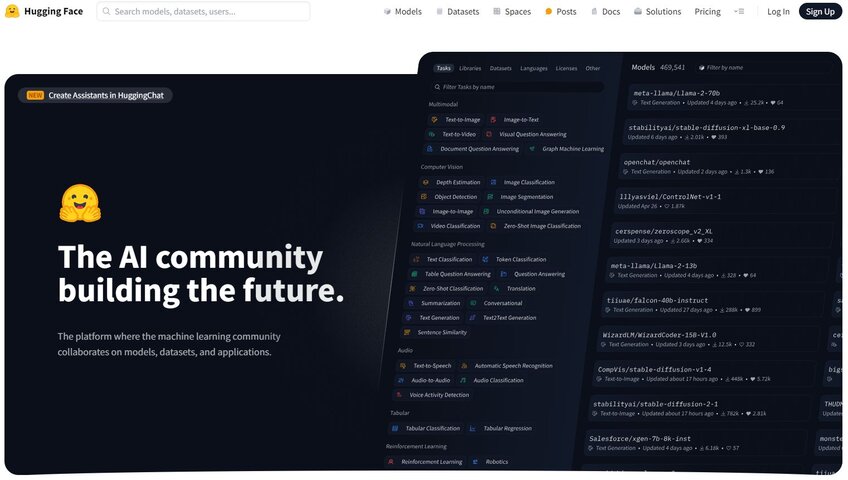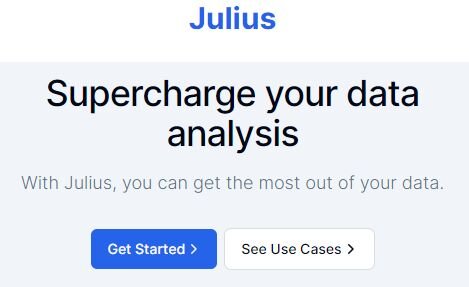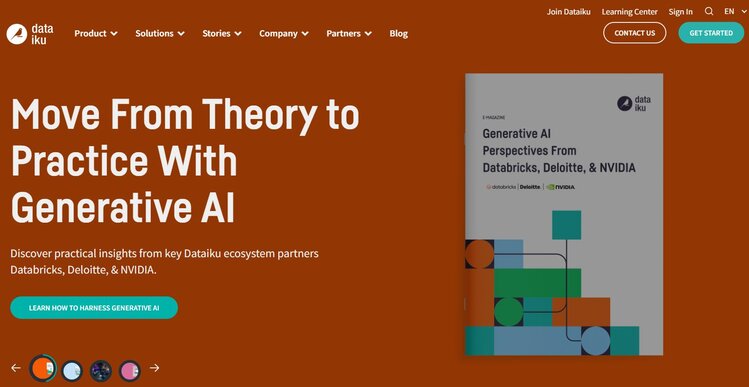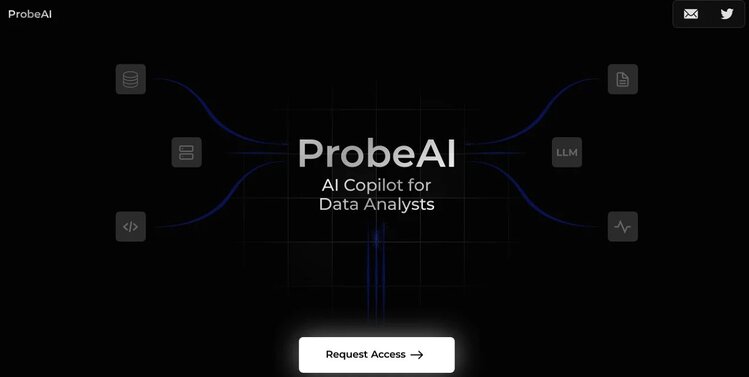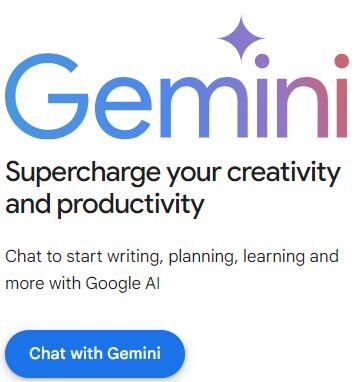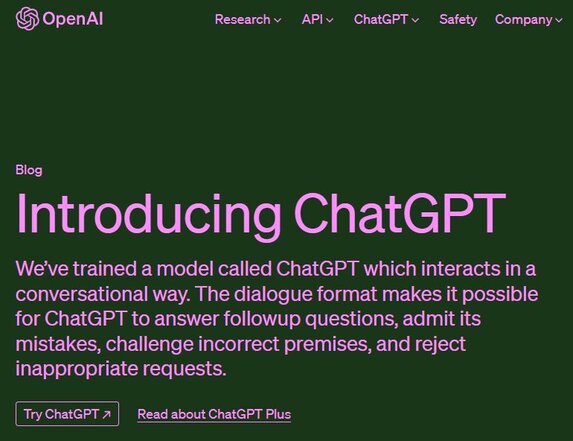10 Best AI Tools for Statistics
By Alex Kuo · 13 min read
Overview
In the dynamic world of data science, artificial intelligence (AI) tools have become a cornerstone for innovation, enhancing the way we analyze and interpret data. With their unparalleled ability to automate complex processes, provide precise predictions, and revolutionize traditional statistical methodologies, AI tools have garnered widespread acclaim among data scientists. This guide explores the top 10 AI tools that are shaping the future of statistics and data science in 2024, highlighting why these tools are indispensable in today's data-driven landscape.
The Role of AI Tools in Statistics
AI tools have emerged as pivotal elements in the field of statistics, driving a transformation that extends beyond conventional methodologies to embrace a future where analysis is more nuanced, insightful, and efficient. These advanced tools are celebrated for their ability to introduce automation in the processing of statistical data, enhance precision in outcomes, and amplify predictive capabilities, thereby revolutionizing the way statisticians approach data analysis. The integration of AI into statistical practices is not merely a trend but a profound shift towards leveraging computational intelligence to navigate through complex datasets, identify patterns, and make predictions with a level of accuracy previously unattainable. This paradigm shift underscores the increasing reliance on AI tools among statisticians who seek to harness these technologies for sophisticated data interpretation, thereby enriching the statistical analysis landscape with deeper insights and more reliable forecasts.
Top 10 AI Tools Transforming Statistics and Data Science
1. Hugging Face
As an open-source hub, Hugging Face democratizes access to AI tools, featuring over 170,000 pre-trained models. It provides a comprehensive suite for text generation, image processing, and more, facilitating easy interaction with AI models without the overhead of training costs.
2. Ellie AI
Ellie AI is a data design platform that empowers teams to make confident, data-driven decisions. It streamlines data processes with tools for business modeling, collaboration, and product reusability, thereby enhancing the design of data products.
3. Julius
In the rapidly evolving landscape of statistics, Julius AI emerges as a pioneering tool designed to bridge the gap between traditional statistical analysis and the dynamic capabilities of artificial intelligence. Julius AI stands out for its innovative approach to statistical data processing, offering users a seamless integration of AI-powered analytics that significantly enhances the precision, efficiency, and depth of statistical investigations.
4. Dataiku
Dataiku stands as a comprehensive AI and machine learning platform that encourages collaboration across data science teams. It offers an extensive toolkit for data preparation, model building, and deployment, streamlining the end-to-end data science workflow.
5. GitHub Copilot
GitHub Copilot transcends traditional coding by offering real-time suggestions and automating code generation. Utilizing OpenAI's Codex model, it caters to a wide array of programming languages and simplifies coding tasks, making it a boon for Python programmers and data professionals.
6. MonkeyLearn
MonkeyLearn excels in sentiment analysis through
advanced text analysis and natural language processing. It provides intuitive tools for analyzing feedback and social mentions, making it indispensable for customer insight analysis.
7. ProbeAI
ProbeAI serves as an intelligent assistant for data analysts, automating routine tasks like SQL coding and data querying. By freeing analysts to concentrate on strategic analysis, it significantly boosts productivity and efficiency.
8. Google Gemini
Google's foray into AI-powered chatbots, Google Gemini, integrates seamlessly with Google Search and other services. Despite being in its infancy, it promises to offer extensive functionalities, including code optimization, bug resolution, and machine learning assistance, leveraging the LaMDA language model.
9. Bing Copilot
Microsoft's Bing Copilot enhances search capabilities with GPT-4 integration, offering tools for code generation, debugging, and skill acquisition. Its unique features, like Dalle-E integration for image creation and Visual Search for multimodal queries, make it a versatile asset for data scientists.
10. ChatGPT
A marvel of collaboration between OpenAI and Microsoft, ChatGPT has quickly ascended to prominence, amassing 100 million users shortly after its release. Its sophisticated language model enables it to produce human-like text, making it one of the
best writing tools for generating analytical reports, coding, and even literary compositions.
Conclusion: Embracing AI Tools in Statistics
The adoption of AI tools within the realm of statistics represents a significant leap towards refining the art and science of data interpretation. As we delve deeper into an era dominated by big data, the role of AI in enhancing statistical methodologies cannot be overstated. These tools are not just facilitating a more sophisticated analysis of vast datasets but are also redefining the boundaries of what statistical models can achieve. By leveraging the computational prowess of AI, statisticians are now equipped to uncover insights with greater accuracy, forecast trends with enhanced precision, and decipher complex patterns that were once beyond reach. This evolution towards incorporating AI into statistical endeavors is paving the way for a future where data-driven decisions are grounded in more reliable and robust statistical analyses. As statisticians continue to explore and integrate AI technologies, the potential for groundbreaking discoveries and advancements in various fields becomes increasingly tangible, marking a new chapter in the pursuit of knowledge and understanding through data.
In conclusion, while not every data scientist may use AI exclusively, the impact of these tools on the field is undeniable. They not only streamline workflows but also open new avenues for exploration and discovery, marking a significant shift towards more intelligent, data-driven futures.


